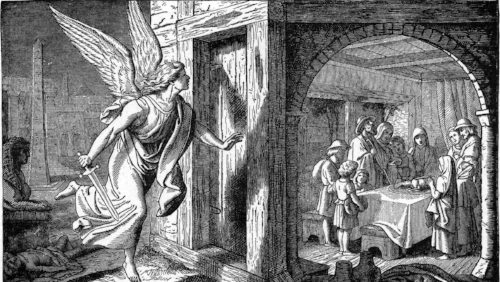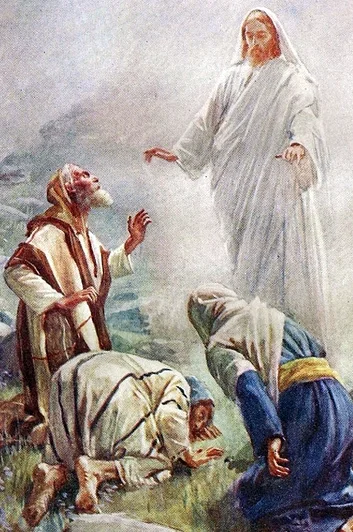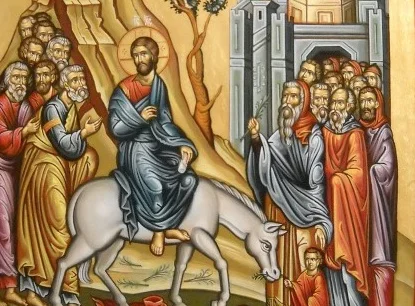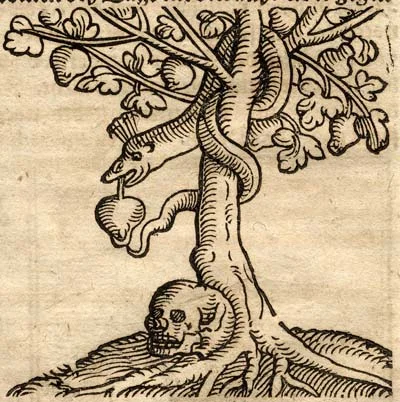“Only God can judge me.”
Dear good christian friend,that’s a great FB quote, tweet, email signature, tattoo you have permanently inscribed into your body. But we have a question: Only God can judge you? Really? Where did you get that stupid, stupid, stupid idea from? Tupac? Please tell us it wasn’t Tupac. Not that there is anything wrong with Tupac, but if you are basing your epistemology and ultimate eschatology on an admittedly dope hip hop lyric, then we clearly don’t pray for you enough and this conversation is going to be more painful than we thought (And if it was Miley Cyrus, just stop breathing. Now.).
Mostly we hope you’re not one of those people who actually misquote Matthew 7 as justification for this position: “Don’t judge me man! Even Jesus said that. Matthew 7:1 says do not judge, so that you may not be judged. So don’t judge me bro: It’s in the Bible!” Let’s read the passage in context (as one always should), which means we need to start in chapter 6.
Jesus says:
So whenever you give alms, do not sound a trumpet before you, as the hypocrites do in the synagogues and in the streets, so that they may be praised by others. Truly I tell you, they have received their reward. But when you give alms, do not let your left hand know what your right hand is doing, so that your alms may be done in secret; and your Father who sees in secret will reward you. (Matthew 6:2-4)
And
And whenever you pray, do not be like the hypocrites; for they love to stand and pray in the synagogues and at the street corners, so that they may be seen by others. Truly I tell you, they have received their reward. But whenever you pray, go into your room and shut the door and pray to your Father who is in secret; and your Father who sees in secret will reward you. (Matthew 6:5-6)
And
And whenever you fast, do not look dismal, like the hypocrites, for they disfigure their faces so as to show others that they are fasting. Truly I tell you, they have received their reward. But when you fast, put oil on your head and wash your face, 18 so that your fasting may be seen not by others but by your Father who is in secret; and your Father who sees in secret will reward you. (Matthew 6:16-17)
Notice who the word “hypocrite” keeps coming up? Now we arrive at our Card Talk passage:
“Do not judge, so that you may not be judged. For with the judgment you make you will be judged, and the measure you give will be the measure you get. Why do you see the speck in your neighbor’s eye, but do not notice the log in your own eye? Or how can you say to your neighbor, ‘Let me take the speck out of your eye,’ while the log is in your own eye? You hypocrite, first take the log out of your own eye, and then you will see clearly to take the speck out of your neighbor’s eye. (Matthew 7:1-4)
Jesus does not say “don’t judge.” He says don’t be a hypocrite, judging people by a different standard than what you hold yourself to. Don’t be like the people (the hypocrites) in the previous passages who also held a double standard of behavior.
Why do we even take the time to point this out (other than our general annoyance at people using the Bible for bad cultural cliches)? Because the most disturbing thing about the bastardization of this passage is that this phrase is usually used to excuse the exact type of behavior that needs to be judged: the times where a person who loves someone with a “don’t judge me bro!” mentality, should step in with a rolled up newspaper, swat them on the nose, and say, “No. Bad.”
Christianity is based on community: a group of people called to a common cause of loving God, each other, the world, and themselves. Community requires making judgments about the actions of members of the community, because those actions affect that one community member, but also the other members in the community. Judgment requires saying, “this is not okay” at times.
And judgment is not the same as condemnation, it’s love. Love requires judgment. And judgment, love, sometimes requires telling someone:
You really shouldn’t wear that in public. Or in private. Burn that. Right now.
For the love of everything holy, golf balls were not made for that purpose.
You said you were sticking to your diet this time. What’s the deal?
You’ve had way too much to drink: give me your keys.
You’re a drug addict and you need to get help.
You really need to reconcile with …
Your actions are hurting …
You were wrong.
Those things require judgment. Saying them requires love.
Perhaps you should worry if your repeated series of bad life decisions are what fuel your need to tell people to not judge you.
Perhaps you should worry about what happens when the people who love you, your community, stops judging you.
But what do we know: we made this game and you probably think we’re going to Hell.



![O Come, O Come Emmanuel (Isaiah 7:14) [An Advent Card Talk]](https://images.squarespace-cdn.com/content/v1/55a9a1e3e4b069b20edab1b0/1483161046976-X5VJE3CMP9T957O72EII/3d-wallpapers-light-dark-wallpaper-35822.jpg)











Perhaps we should remember the women in the room when Ezekiel first uttered these words. They had been forcibly marched from their homes. They had watched their families die. Some had been raped by the Babylonians. How did they feel? Perhaps we should remember the women who read these texts today, the women in our churches and homes, whose current situations are not too dissimilar to the women in exile by the rivers of Babylon. They have enough reasons to weep.